Content Menu
● Introduction
● Key Elements of Quality Control in Swimwear Production
>> Material Selection
>>> Use of Eco-friendly Materials
>>> Durability and Comfort of Materials
>> Production Processes
>>> Standardization of Production Processes
>>> Maintenance and Upgrading of Production Equipment
>> Quality Inspection
>>> Pre-production Material Inspection
>>> In-process Control
>>> Finished Product Inspection
● Practices of Ethical Production
>> Labor Rights Protection
>>> Fair Wages and Working Conditions
>>> Employee Training and Development
>> Environmental Protection Measures
>>> Waste Reduction in Production
>>> Water Resource Management
● How to Choose the Right OEM Partner
>> Evaluating Potential Partners' Qualifications
>>> Certifications and Standards
>>> Past Client Reviews
>> Conducting On-site Visits
>>> Inspection of Production Facilities
>>> Understanding Production Processes
● Conclusion
● Questions and Answers
>> 1. What are the key factors to consider when selecting an ethical swimwear manufacturer?
>> 2. How can buyers ensure that their swimwear manufacturers are using eco-friendly materials?
>> 3. What certifications should buyers look for in ethical swimwear manufacturers?
>> 4. Why is on-site inspection important when choosing a manufacturing partner?
>> 5. What role does employee training play in ethical swimwear production?
Introduction
The swimwear market has seen significant growth in recent years, driven by increasing consumer interest in fashion, fitness, and leisure activities. As a result, the demand for high-quality swimwear has surged, prompting brands to seek reliable partners for production. In this context, quality control becomes paramount, especially for ethical swimwear manufacturers who prioritize sustainability and social responsibility. This guide aims to provide insights into navigating quality control in ethical swimwear production, ensuring that buyers can make informed decisions when selecting their manufacturing partners.
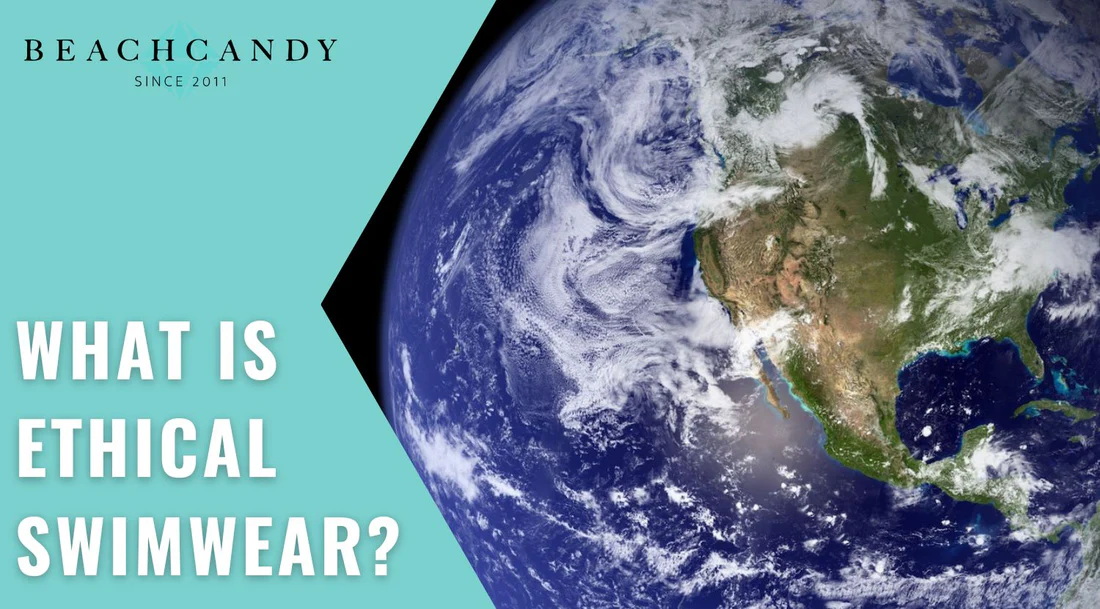
Key Elements of Quality Control in Swimwear Production
Material Selection
The foundation of any quality swimwear lies in the materials used. Ethical swimwear manufacturers often prioritize eco-friendly materials that not only meet performance standards but also minimize environmental impact.
Use of Eco-friendly Materials
Sustainable materials such as recycled polyester, organic cotton, and biodegradable fabrics are becoming increasingly popular among ethical swimwear manufacturers. These materials reduce reliance on virgin resources and help decrease the overall carbon footprint of the production process. Brands should inquire about the sourcing of materials and ensure that their manufacturers are committed to using sustainable options.
Durability and Comfort of Materials
In addition to being eco-friendly, the materials used in swimwear must also be durable and comfortable. Ethical swimwear manufacturers often conduct rigorous testing to ensure that their fabrics can withstand chlorine, saltwater, and UV exposure without losing their shape or color. Buyers should look for manufacturers that provide detailed information about the performance characteristics of their materials.
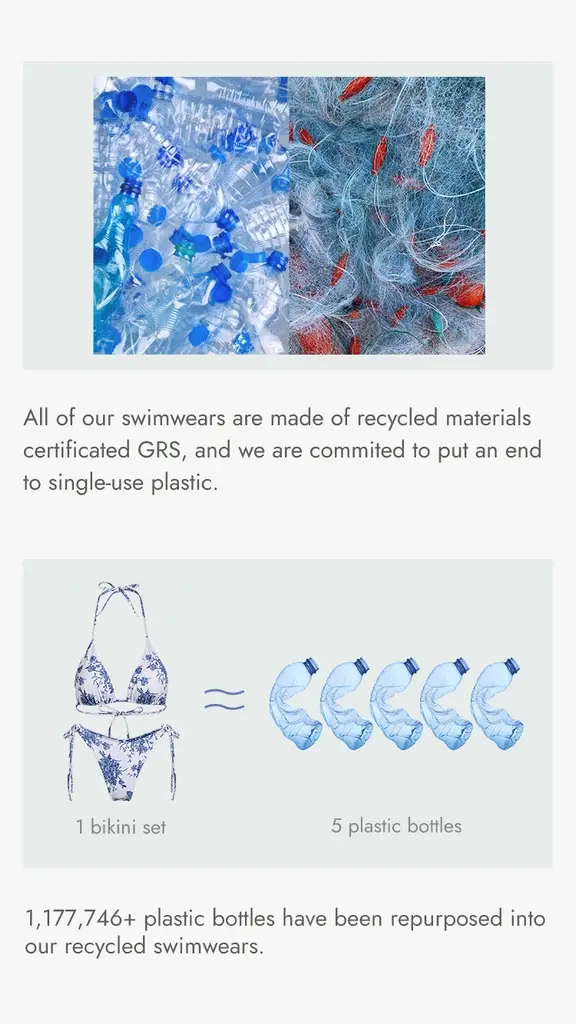
Production Processes
Quality control extends beyond material selection to encompass the entire production process. Ethical swimwear manufacturers implement standardized processes to ensure consistency and quality in their products.
Standardization of Production Processes
Standardized production processes help ethical swimwear manufacturers maintain high-quality output while minimizing errors. This includes detailed documentation of each step in the production process, from cutting and sewing to finishing and packaging. Buyers should request information about the manufacturer's production protocols to ensure they align with their quality expectations.
Maintenance and Upgrading of Production Equipment
The equipment used in swimwear production plays a crucial role in determining the quality of the final product. Ethical swimwear manufacturers invest in modern machinery and regularly maintain their equipment to ensure optimal performance. Buyers should inquire about the age and condition of the production equipment used by potential partners, as this can significantly impact the quality of the swimwear produced.
Quality Inspection
A robust quality inspection process is essential for ethical swimwear manufacturers to ensure that their products meet the required standards before reaching the market.
Pre-production Material Inspection
Before production begins, ethical swimwear manufacturers conduct thorough inspections of the raw materials to ensure they meet quality specifications. This includes checking for defects, color consistency, and compliance with environmental standards. Buyers should confirm that their manufacturers have a stringent pre-production inspection process in place.
In-process Control
During production, ethical swimwear manufacturers implement in-process control measures to monitor quality at various stages. This may involve regular checks on stitching, seam strength, and overall construction quality. Buyers should ask about the frequency and methods of in-process inspections to ensure that quality is maintained throughout the production cycle.
Finished Product Inspection
Once production is complete, ethical swimwear manufacturers conduct final inspections of the finished products. This includes checking for defects, ensuring proper labeling, and verifying that the swimwear meets the agreed-upon specifications. Buyers should request information about the final inspection process and any certifications that the manufacturer holds.
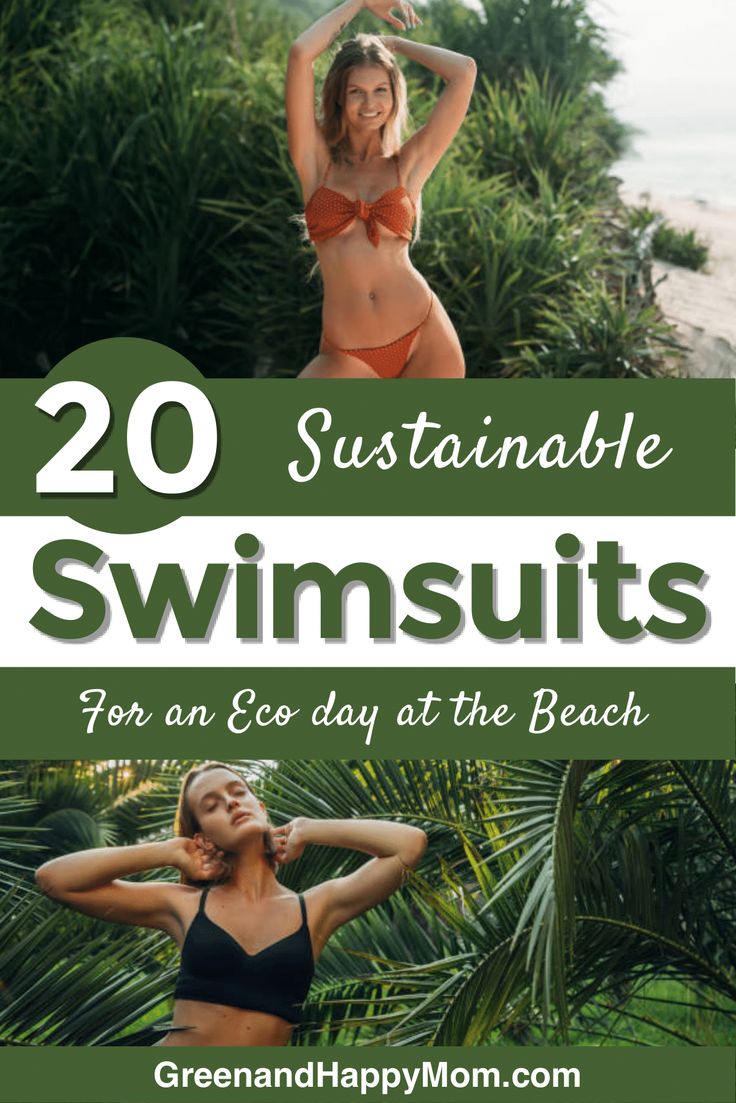
Practices of Ethical Production
Labor Rights Protection
Ethical swimwear manufacturers are committed to protecting the rights of their workers, ensuring fair wages and safe working conditions.
Fair Wages and Working Conditions
One of the hallmarks of ethical production is the commitment to fair wages and safe working conditions. Ethical swimwear manufacturers often adhere to international labor standards, providing their workers with competitive salaries and benefits. Buyers should inquire about the manufacturer's labor practices and any certifications they hold related to labor rights.
Employee Training and Development
Investing in employee training and development is another key aspect of ethical production. Ethical swimwear manufacturers often provide ongoing training to their workers, ensuring they have the skills necessary to produce high-quality products. Buyers should look for manufacturers that prioritize employee development as part of their ethical commitment.
Environmental Protection Measures
In addition to labor rights, ethical swimwear manufacturers focus on minimizing their environmental impact through various practices.
Waste Reduction in Production
Ethical swimwear manufacturers implement waste reduction strategies to minimize the environmental footprint of their production processes. This may include recycling fabric scraps, optimizing cutting patterns to reduce waste, and using eco-friendly packaging materials. Buyers should ask potential partners about their waste reduction initiatives and how they align with sustainable practices.
Water Resource Management
Water usage is a critical concern in the textile industry, and ethical swimwear manufacturers often implement measures to manage water resources effectively. This includes using water-efficient processes, recycling water, and treating wastewater before discharge. Buyers should inquire about the manufacturer's water management practices to ensure they are committed to sustainability.
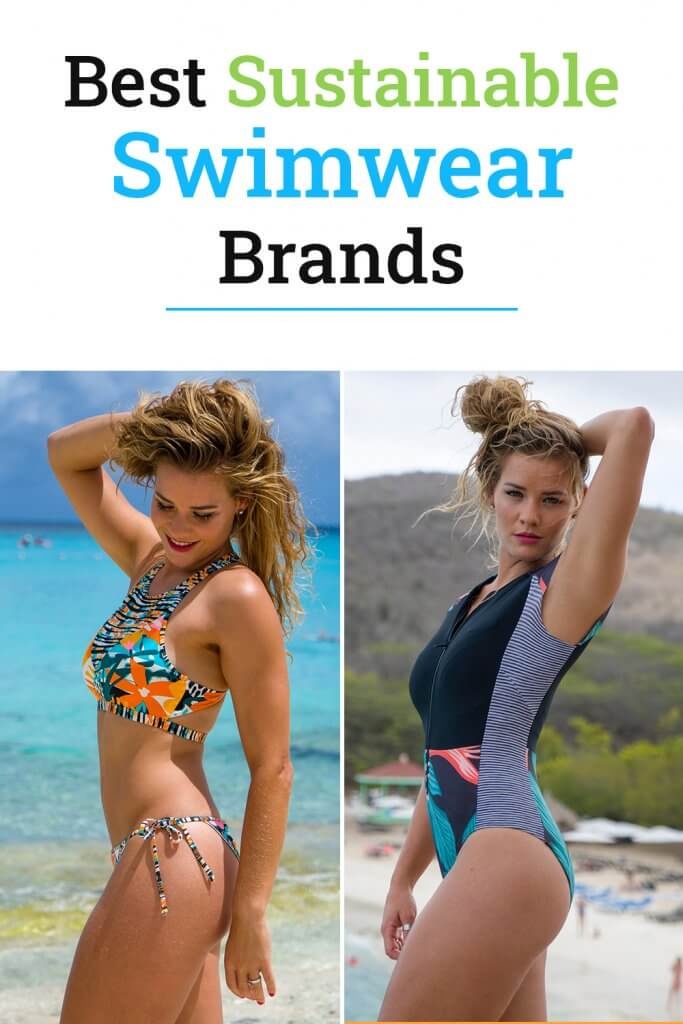
How to Choose the Right OEM Partner
Selecting the right OEM partner is crucial for ensuring quality and ethical production. Here are some key considerations for buyers.
Evaluating Potential Partners' Qualifications
Before entering into a partnership, buyers should thoroughly evaluate the qualifications of potential OEM partners.
Certifications and Standards
Ethical swimwear manufacturers often hold various certifications that demonstrate their commitment to quality and sustainability. These may include ISO certifications, GOTS (Global Organic Textile Standard), and Fair Trade certifications. Buyers should request documentation of these certifications to verify the manufacturer's ethical practices.
Past Client Reviews
Reviews and testimonials from past clients can provide valuable insights into a manufacturer's reliability and quality. Buyers should seek out references and conduct due diligence to ensure that potential partners have a positive track record in ethical swimwear production.
Conducting On-site Visits
An on-site visit to the manufacturing facility can provide buyers with a firsthand look at the production processes and working conditions.
Inspection of Production Facilities
During an on-site visit, buyers should inspect the production facilities to assess cleanliness, organization, and overall working conditions. This can help buyers gauge the manufacturer's commitment to quality and ethical practices.
Understanding Production Processes
Meeting with the production team and observing the manufacturing processes can provide valuable insights into the quality control measures in place. Buyers should take the opportunity to ask questions and gain a deeper understanding of how the manufacturer operates.
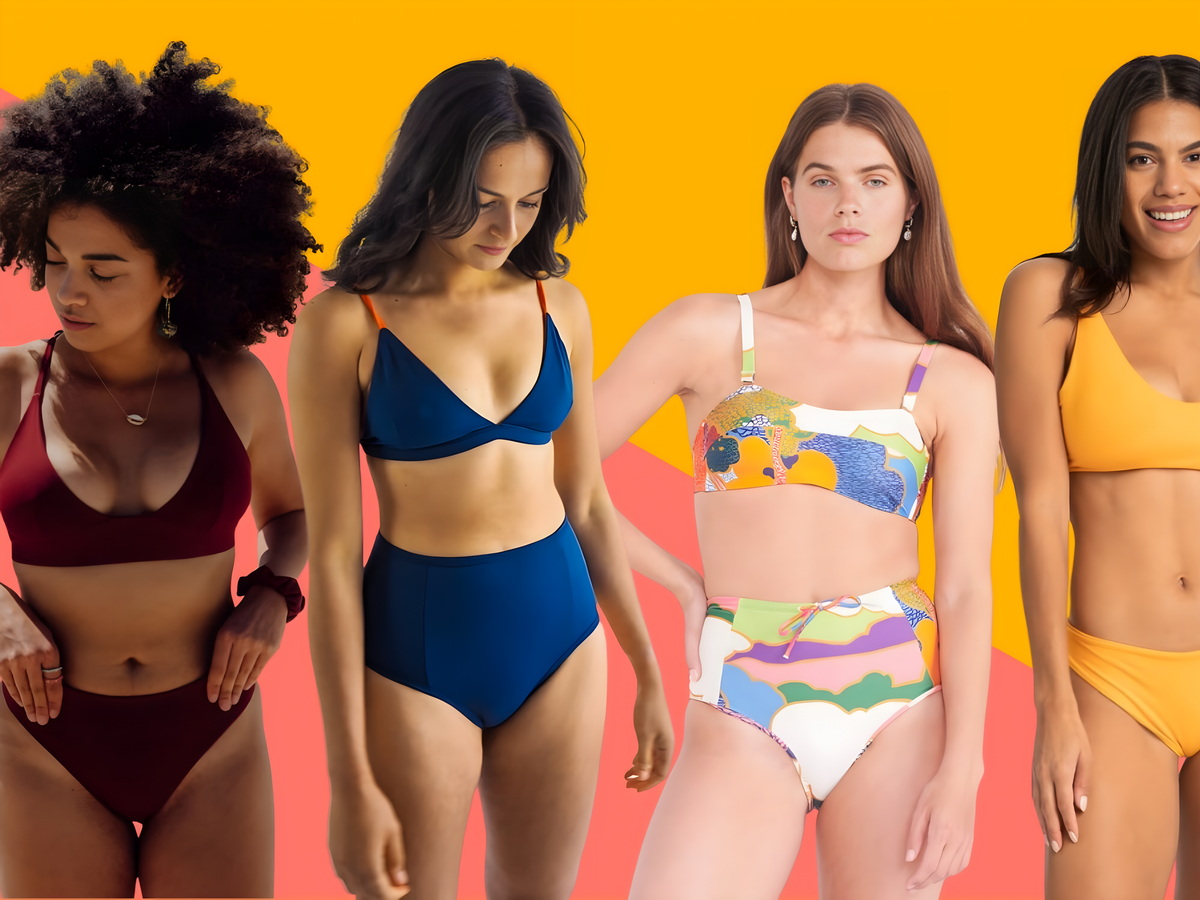
Conclusion
Navigating quality control in ethical swimwear production is essential for buyers seeking reliable partners in the swimwear industry. By focusing on key elements such as material selection, production processes, and quality inspection, buyers can ensure that they are working with ethical swimwear manufacturers who prioritize sustainability and social responsibility. As the demand for ethical swimwear continues to grow, it is crucial for brands to align themselves with manufacturers that share their values and commitment to quality.
Questions and Answers
1. What are the key factors to consider when selecting an ethical swimwear manufacturer?
- Key factors include material selection, production processes, quality inspection protocols, labor rights practices, and environmental sustainability measures.
2. How can buyers ensure that their swimwear manufacturers are using eco-friendly materials?
- Buyers should inquire about the sourcing of materials, request documentation of certifications, and ask for details about the manufacturer's commitment to sustainability.
3. What certifications should buyers look for in ethical swimwear manufacturers?
- Buyers should look for certifications such as ISO, GOTS (Global Organic Textile Standard), Fair Trade, and any other relevant sustainability or labor rights certifications.
4. Why is on-site inspection important when choosing a manufacturing partner?
- On-site inspections allow buyers to assess the production facilities, observe working conditions, and gain insights into the manufacturer's quality control processes.
5. What role does employee training play in ethical swimwear production?
- Employee training is crucial for ensuring that workers have the necessary skills to produce high-quality swimwear and for fostering a culture of continuous improvement within the manufacturing facility.




































































